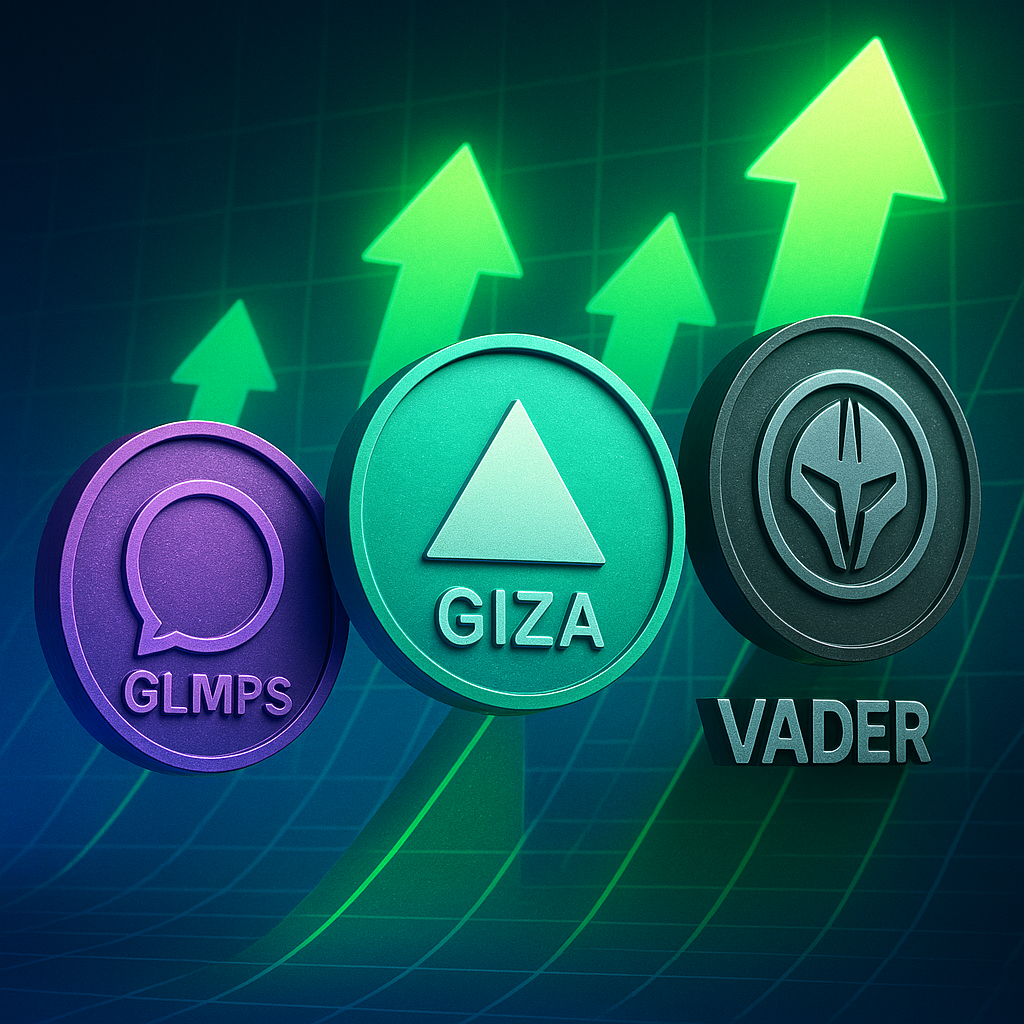Jordan is seeking improvement in its government services and economy by using blockchain technology. The Jordanian Council of Ministers endorsed the 2025 Blockchain Technology Policy which aims to improve transparency, innovation and the quality of public services.
According to the policy, transactions times and the cost of carrying out activities will be reduced thereby increasing efficiency in government operations. The hope is that with real time verification and automating tasks, officials will be able to deliver services in a manner that cultivates confidence from businesses and the general population.
Effectiveness, Privacy, and Creativity of Blockchain
The new policy makes effectiveness and security to be the main objectives to attain. Through the use of blockchain, transactions, and many others, Jordan will enhance the speed and reliability of its administrative processes. Simultaneously, protecting and securing citizen information will be a high priority as part of the overall strategy for digital transformation.
In addition to these, developing expertise and innovation in the field and its applications is crucial. The government hopes to support new businesses and development of a talented workforce in computing and blockchain in Jordan in order to use it as a center of development for digital technologies. This kind of strategy will help in attracting foreign investors and increasing the competitiveness of the economy.
Part of a Regional Trend
Jordan’s blockchain push aligns with broader trends in the Middle East, where countries are increasingly leveraging digital technologies to address economic and administrative challenges. Nations like Dubai and Abu Dhabi are already expanding blockchain frameworks, while Syria has expressed interest in digitizing its currency.
In December, the TON Foundation registered with the Abu Dhabi Global Market (ADGM), leveraging its regulatory framework for decentralized ledger technology (DLT) foundations to establish a structured legal footing for its operations and governance.
Jordan’s engagement with blockchain began during economic difficulties in 2022, when interest in crypto trading surged. The new policy builds on that momentum, aiming to drive innovation, strengthen governance, and position the country as a regional leader in blockchain technology.
By embracing blockchain, Jordan is not only improving government services but also laying the foundation for a more competitive and diversified economy.

 News
News  January 3, 2025
January 3, 2025  3 min.
3 min. 









